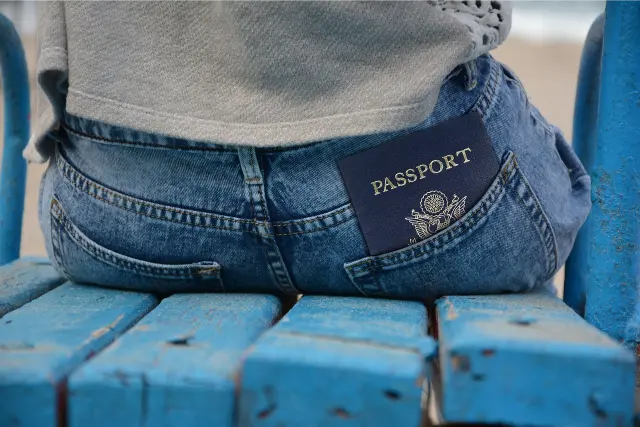Deported From US: Kenyans move abroad for a variety of reasons, including the pursuit of improved employment opportunities, education, and medical care. However, residing in a foreign country requires stringent compliance with the laws and regulations of the host nation. Failure to comply with these legal requirements may result in deportation proceedings for immigrants.
The United States, which is frequently lauded as the land of opportunity, is a popular destination for immigrants from around the globe. However, the country’s immigration laws are notoriously strict.
Numerous individuals, including Kenyans, who violated these regulations were threatened with deportation from the United States.
Participating in criminal acts, posing a threat to public safety, entering the United States without proper documentation, using forged travel documents, and failing to comply with visa or other entry document requirements are, according to the US government, grounds for deportation.
The majority of deportations are carried out via airlines, with the U.S. government footing the bill. In other instances, a combination of air and ground transportation is used to execute ejections.
1. Criminal Offences
According to U.S. law, certain crimes can result in deportation, including homicide, rape, drug trafficking, fraud, and violent robbery.
The case of Sylvester Owino, who was accused of armed larceny, represents one of the most notable deportations conducted under these conditions. Owino’s endeavors to contest his deportation despite years of effort were unsuccessful.
Owino moved to the United States on a student visa in 1998, but he did not finish his studies. Instead, he pulled out of school and became addicted to drugs.
2. Insufficient Documentation
Immigration policies have long been a contentious issue in the United States, and former President Donald Trump was heavily criticized by politicians, civil society, and observers for enforcing strict immigration laws during his administration.
According to the Migration Policy Institute (MPI), the United States undertakes more than two hundred thousand deportations annually. The lack of documentation among those at risk of deportation is a major contributor to this substantial number.
As a last-ditch effort to reduce the number of asylum claimants in the country, former US President Donald Trump deported several Africans, including Kenyans, in 2021.
In July of 2023, immigration officials will deport one woman to Kenya due to her failure to comply with visa requirements. She entered the United States on a visitor visa but was expelled after immigration officers discovered a video of her working, which violated the terms of her visa.
3. Drunk Driving
Drunk driving is a major contributor to deportation. According to Stern Law, there is a prospect of deportation for those convicted of DUI (Driving Under the Influence).
A 74-year-old male was deported from the United States in August 2018 after being accused of drunk driving. The man spent two weeks in a detention camp before being flown back to his native country.
After being penalized Ksh175,300 ($1,240), he anticipated being permitted to remain in the country. However, upon leaving the courtroom, he was promptly arrested and sent to a detention camp.
Drunk driving is classified as a threat to public safety because intoxicated drivers cause a significant proportion of road accidents.
4. Migration to the United States
Notably, the United States provides numerous legal avenues for noncitizens to enter the country. These include immigration based on family, acquiring US citizenship, immigration based on employment, refugees and asylum seekers, and the diversity visa program.
To avoid deportation, the Kenyan Embassy in Washington, DC advises Kenyans to always check the validity of their immigration documents.
In the event of arrest, the embassy instructs Kenyans not to resist, to grant consent to law enforcement, and to notify the embassy or consulate.
If feasible, the embassy advises immigrants to contact the embassy or consulate to notify Kenyan officials of their arrest and request the presence of an attorney during interrogation.
According to the Kenya Citizenship and Immigration Act, a Kenyan citizen who is stranded outside the country or is being deported is issued an emergency travel document.
The Act also stipulates that any person deported to Kenya at the expense of the government risks having their passport or travel documents suspended or seized.
'Want to send us a story? Submit to NAIROBIminiBLOGGERS via our Email nairobiminiblogger@gmail.com'

Drop Your Comments, What do you think About The Article?